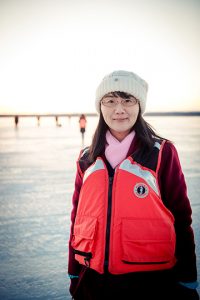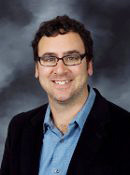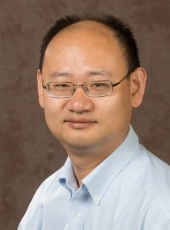
Jianhui Yue (SAS) has been awarded a 3-year NSF grant with a total budget of $176,876. One PhD student will be supported for two years. The project is titled “Improving Reliability of In-Memory Storage”. The project addresses two challenges of in-memory storage: 1) Memory cells have limited write endurance (i.e., the total number of program/erase cycles per cell), and 2) Nonvolatile memory has to remain in a consistent state in the event of a system crash or power loss. This project will take a holistic approach, spanning from low-level architecture design to high-level OS management, to optimize the reliability, performance, and manageability of in-memory storage.



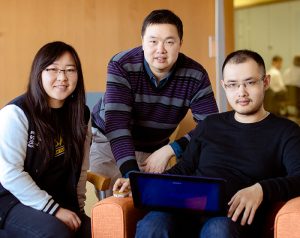


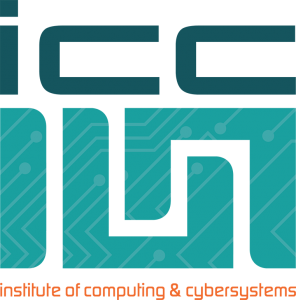 ICC Annual Retreat was held on April 21. Co-Director Dan Fuhrmann presented ICC Achievement Awards to two researchers for their outstanding research and honorable contributions to the ICC in 2017.
ICC Annual Retreat was held on April 21. Co-Director Dan Fuhrmann presented ICC Achievement Awards to two researchers for their outstanding research and honorable contributions to the ICC in 2017. 